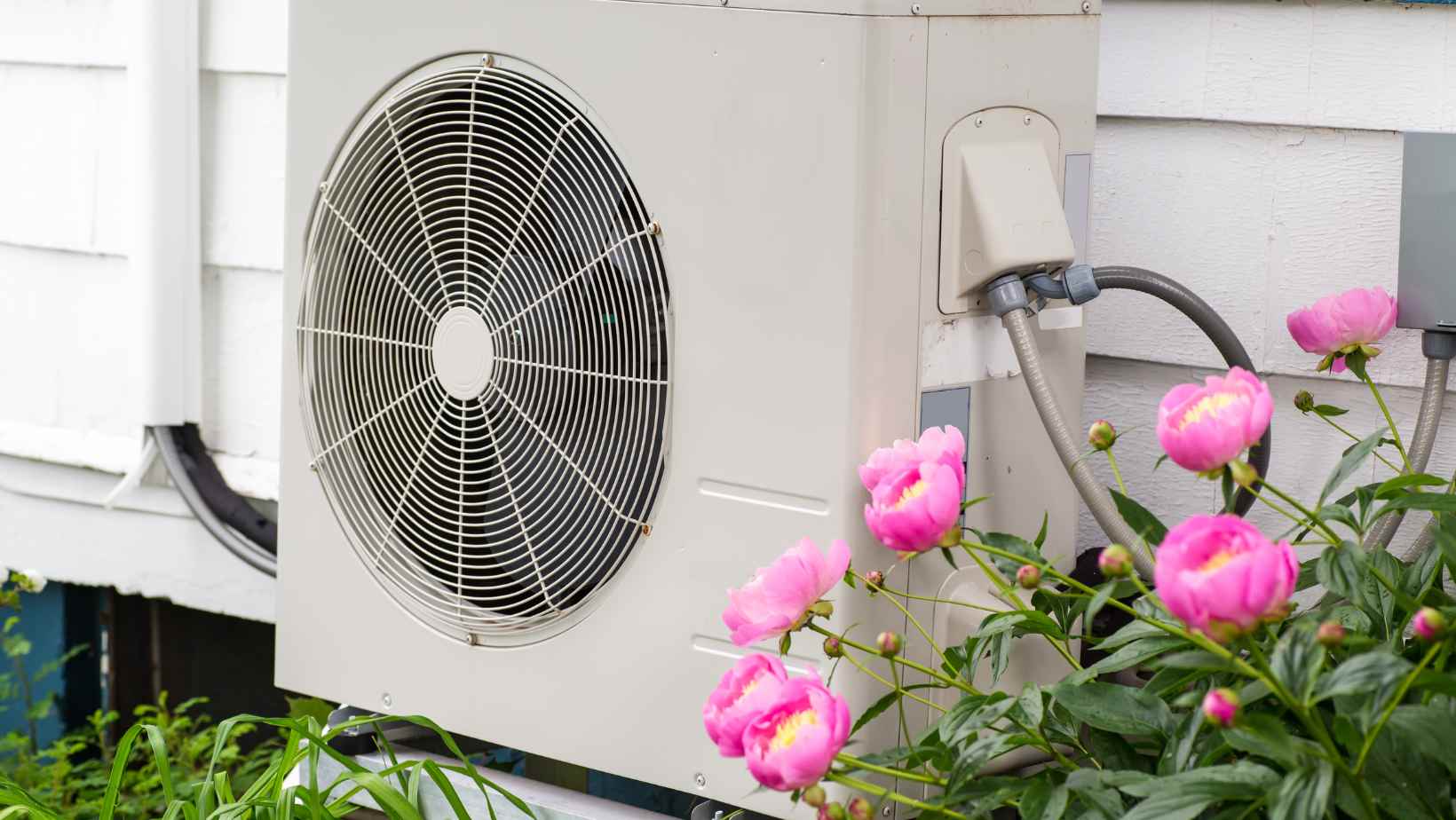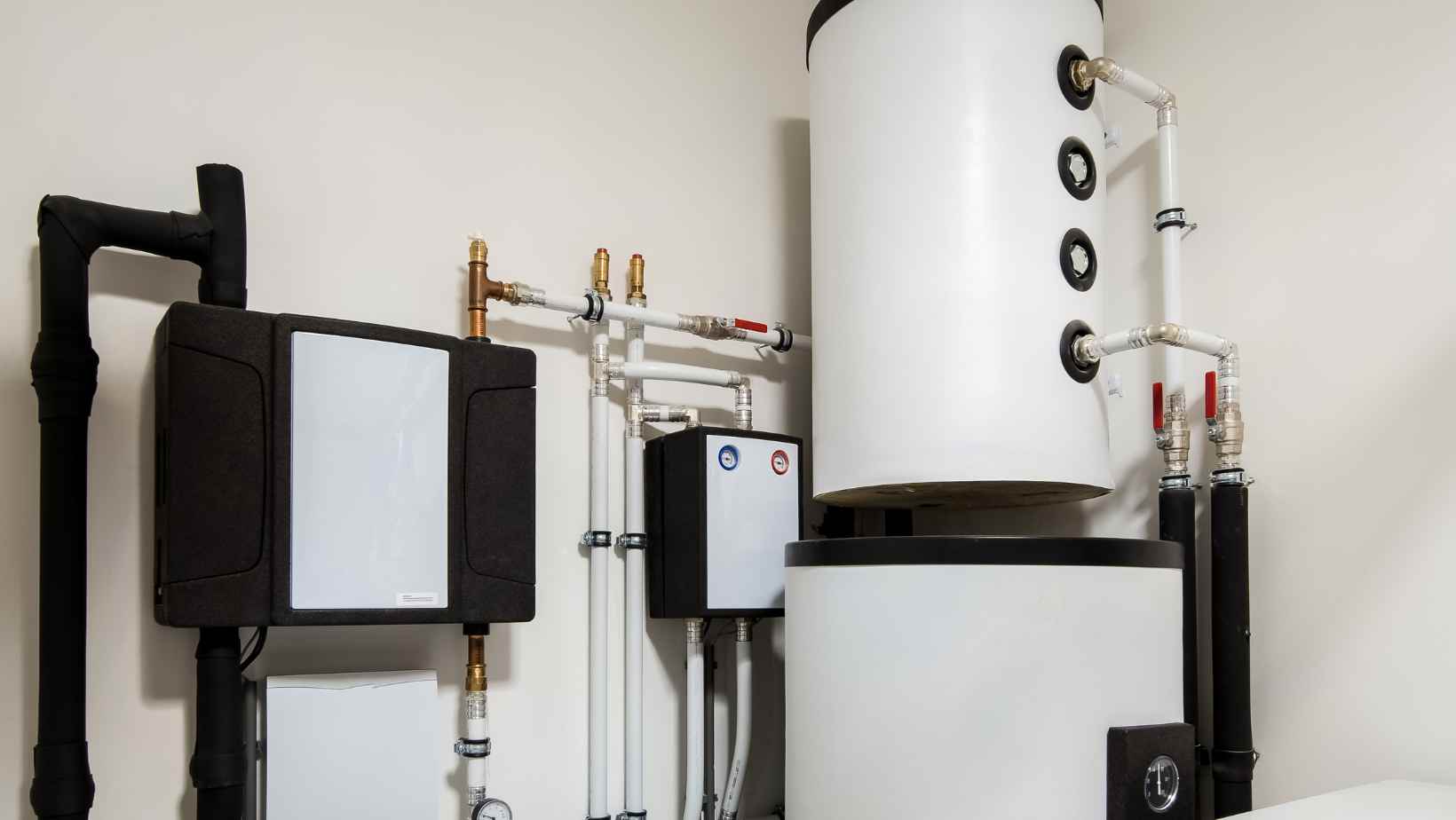If you’re looking to make your garage more comfortable year-round, a heat pump could be the perfect solution. A heat pump for your garage can provide both heating and cooling, allowing you to enjoy a comfortable environment no matter the season. With its ability to extract heat from the air or ground and transfer it indoors, a heat pump is an energy-efficient option that can help you save on utility bills.
Installing a heat pump in your garage has several benefits. Firstly, it provides consistent heating during colder months, making it easier for you to work or spend time in the space without worrying about freezing temperatures. Additionally, a heat pump can also act as an air conditioner during warmer months, keeping the garage cool and preventing excessive humidity.
Table of Contents
ToggleHeat Pump For Garage
Considerations for Garage Size
When it comes to selecting a heat pump for your garage, one of the first factors to consider is the size of your space. The size of your garage will determine the heating capacity you’ll need from a heat pump. Here are some points to keep in mind:
- Measure the square footage of your garage: By knowing the exact dimensions, you can choose a heat pump with an appropriate heating output.
- Insulation and ventilation: Consider whether your garage is well-insulated and properly ventilated. These factors can impact how effectively a heat pump will warm up your space.
- Climate conditions: Take into account the climate in which you live. If you’re located in an area with extremely cold winters, you may need a more powerful heat pump to maintain comfortable temperatures.
Types of Heat Pumps Suitable for Garages
There are various types of heat pumps available on the market, but not all are suitable for garages. Here are two common options that work well in garage settings:
- Ductless Mini-Split Heat Pumps: These systems consist of an outdoor unit connected to one or more indoor units. They don’t require any ductwork, making them ideal for garages without existing ducts. Ductless mini-split heat pumps offer zoned heating, allowing you to control individual temperature settings in different areas of your garage.
- Geothermal Heat Pumps: Geothermal systems use energy from the ground or water sources to provide both heating and cooling. While they may have higher upfront costs compared to other options, geothermal heat pumps offer excellent energy efficiency and long-term savings.
Energy Efficiency Ratings and Cost
Energy efficiency is an essential consideration when choosing a heat pump for your garage since it directly impacts operating costs over time. Look out for these key factors:
- SEER Rating: The Seasonal Energy Efficiency Ratio (SEER) measures the cooling efficiency of a heat pump. Opt for a higher SEER rating to ensure energy efficiency during warmer months.
- HSPF Rating: The Heating Seasonal Performance Factor (HSPF) indicates the heating efficiency of a heat pump. A higher HSPF rating means better energy savings during colder seasons.
- Initial Cost vs. Long-term Savings: While high-efficiency heat pumps may come with a higher upfront cost, they can save you money in the long run through reduced energy bills.
Remember to consult with an HVAC professional who can assess your garage’s specific requirements and recommend the best heat pump option based on your needs and budget.

Understanding The Benefits of a Heat Pump in Your Garage
When it comes to keeping your garage comfortable year-round, a heat pump can be a game-changer. With its ability to both heat and cool, a heat pump offers numerous benefits that make it an ideal choice for garage spaces. Here are some key advantages of installing a heat pump in your garage:
- Efficient Temperature Control: A heat pump provides efficient heating and cooling, allowing you to maintain the perfect temperature in your garage regardless of the season. Whether it’s chilly winter mornings or scorching summer afternoons, a heat pump ensures optimal comfort.
- Energy Savings: Heat pumps are known for their energy efficiency. By transferring heat instead of generating it, they consume less energy compared to traditional heating or cooling systems. This means lower utility bills and reduced environmental impact.
- Versatility: Unlike standalone heaters or air conditioners, which only serve one purpose, a heat pump offers versatile functionality. It can efficiently warm up your garage during winter months and provide cooling relief during hot summer days.
- Space-Saving Solution: Heat pumps are compact and can be easily mounted on walls or ceilings, saving valuable floor space in your garage for storage or other purposes.
In conclusion, installing a heat pump in your garage brings numerous benefits such as efficient temperature control, energy savings, versatility, space-saving design, improved air quality, and longevity. Consider incorporating this HVAC solution into your garage setup for year-round comfort and convenience.





